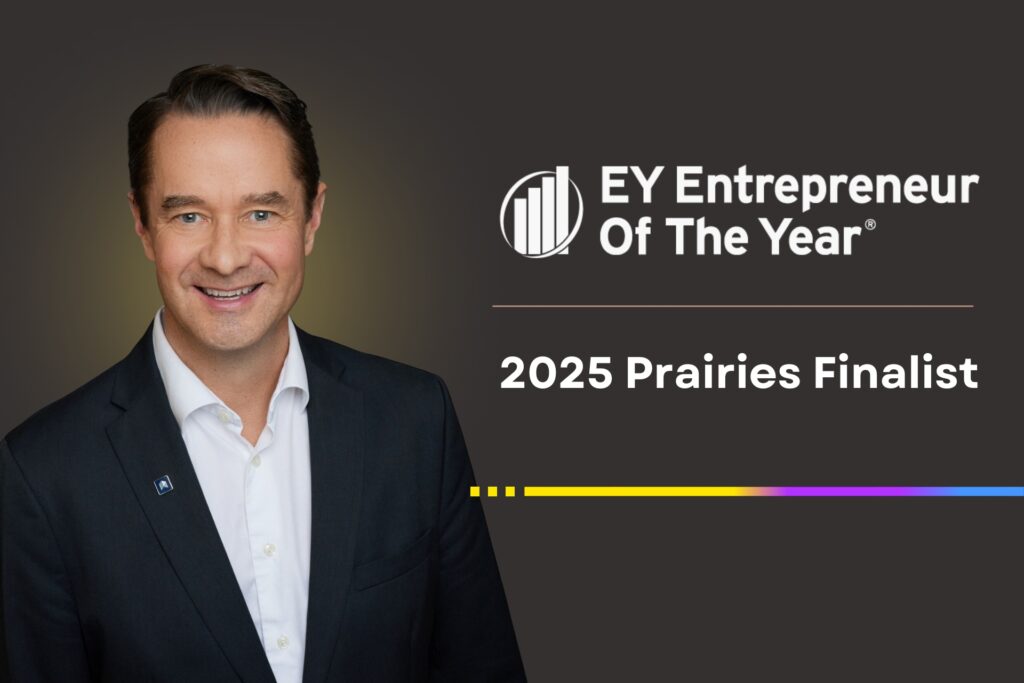The 10 Dos and Don’ts of Providing a Reference
Share This Article
References have been a hot topic of conversation recently after the Ontario Superior Court “[dispelled] the notion that an employer is bound to limit its comments to only the positive attributes of an employee when agreeing to provide a reference.” (Gurlal Kler, as cited here).
From my perspective, it’s about time that we remind employers and employees alike that the law seeks to encourage frank and honest assessments!
1. DON’T be afraid of being sued.
IF a job seeker were to discover that the reason they were not offered a position was because of a negative reference, the next question is whether the reference was true, false, or just an honest held opinion. Only false factual statements are subject to defamation lawsuits.
The tort of defamation requires the plaintiff to establish the following elements:
- That X made comments about Y that would tend to lower Y’s reputation in the eyes of a reasonable person; and
- That the comments were communicated to at least one person (other than Y).
The most common defenses to a defamation lawsuit, pertaining specifically to reference checks, are trust (aka “justification”) and qualified privilege which refutes the normal presumption that a defamatory comment is made maliciously. Employers are permitted to respond to a request for a reference by giving an opinion, even if that opinion could potentially harm the employee’s reputation and conversely their current job prospect.
2. DON’T have an “ask, but don’t give” reference policy.
While providing candid reference commentary may violate your company policy on reference protocol, it doesn’t violate Canadian law, even if that commentary might be perceived as unfavourable. It is becoming increasingly more common for organizations to have policies against reference checks (other than confirming minimal details including, for example, employment dates and title), yet those organizations check references on potential hires…a bit hypocritical if you ask me.
As you can imagine, this policy began in the United States. Why? Fear! Fear that a prospective employer will rely on the reference, hire the candidate in question, and subsequently sue because the content – whether positive or negative – was inaccurate and the employer suffered damages as a result. Fear that the subject of the reference will sue if they are not offered the job they have applied for. While there are a multitude of examples you can find in the US, there does not appear to be a single instance of a successful claim made on that basis in Canada.
In Alberta, like many other provinces’ parallel Acts, the Personal Information Protection Act (PIPA) protects privacy in the private sector, including the collection, use and disclosure of personal information. An organization may collect, use and disclose personal employee information for purposes related to managing or recruiting staff, including releasing reference information to another employer.
3. DO follow your workplace hr policy.
(Even if you don’t agree with it.)
While following your workplace HR policy, you can still see if it allows you to provide a “personal” reference assuming responsibility for what you say as opposed to a “corporate” reference on behalf of the company. Particularly during times of economic slowdown when great employees are laid off, as employers, we want to help ensure that past employees find suitable employment in the shortest period of time and such HR policies can hinder their possibilities of securing new employment.
4. DON’T be malicious.
Don’t agree to provide a reference that you don’t feel 100% about giving but remember that it’s perfectly legal to provide a bad reference, as long as it’s honest. If you agree to provide a reference for a poor performer, stick to the objective facts – do not share knowingly misleading, malicious or false information, and try to refrain from sharing personal opinions that you know are not widely shared. If you are uncomfortable answering the question, simply saying: “I’d really rather not comment” can speak volumes.
5. DO be accurate.
Ensure that you limit your reference to what is reasonably required to establish a working relationship. Be honest, accurate, and specific. Again, if your reference is untrue it could potentially open the door up for a defamation suit.
6. DO stick to work-related information only.
Stick to work-related information only; avoid sharing your opinions on his/her personal life or information that could be used to discriminate against a job applicant such as race/ancestry, religious beliefs, physical or mental disability, age, family status, sexual orientation, etc.)
7. DO use specific examples.
Provide factual, relevant examples whenever possible.
8. DON’T offer to write a reference letter but, 9. DO consider agreeing to write one.
Employers are often weary of candidates who provide reference letters – they are often more useful for their omissions and are often the product of the settlement of a dismissal action initiated by the employee.
10. DON’T embellish.
I often hear “isn’t reference checking a waste of time? After all, they are only going to say positive things about the candidate.” That question is valid for the standard scripted reference checks. But, when studies show that nearly 50% of candidates embellish, or even outright lie, on their resume, reference checking should be used to validate statements made by the candidate on their resume and during their interview. Reference checking should be used to confirm facts: timeframes, scopes and outcomes, budgets, accountabilities, key challenges, etc. Crossing the line into making or agreeing to misrepresentations or outright lies, even painting the employee in a greater light, could make a reference illegal. Besides the potential legal risks associated with embellishing, it’s not in the potential employer or employee’s best interest to hire them into a job they are not capable of doing.
Lastly, if you’re going to give a negative reference, it’s prudent to make sure you have a good reason why and that it’s backed up in writing…document, document, document. Or remember what your mother told you: “If you don’t have anything nice to say, don’t say anything at all”. Any decent recruiter knows to listen for what you’re not saying.




